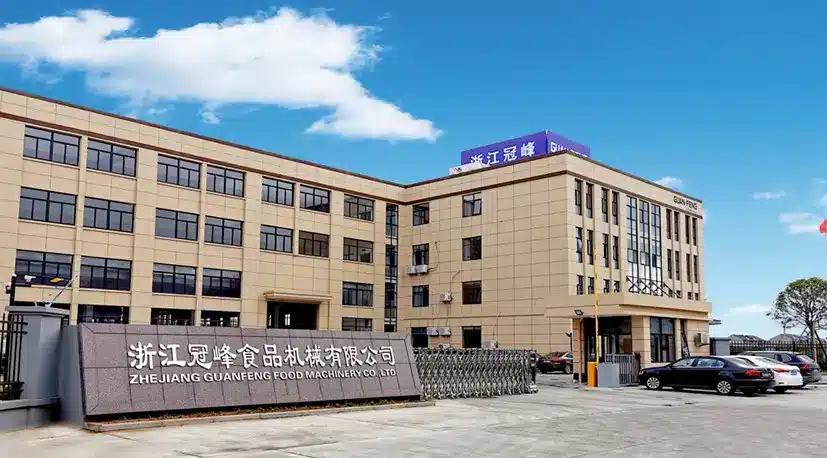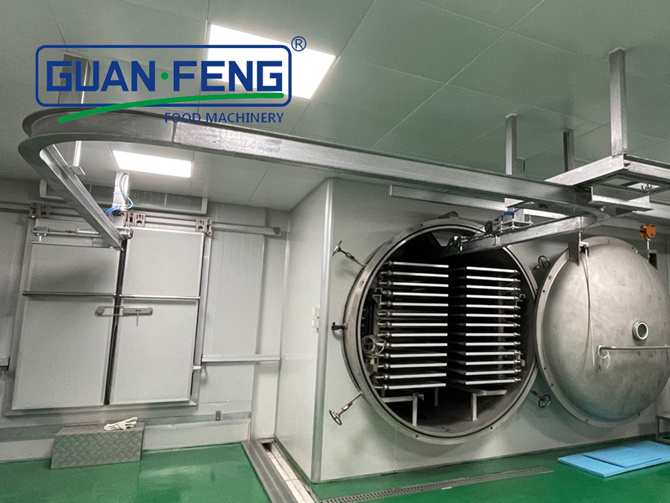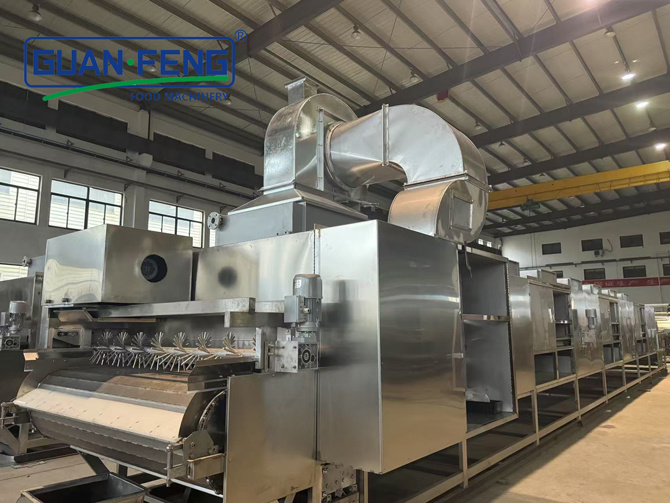BLOG
Focus on hot topics, real-time dynamics
Unlocking the Benefits of Vegetable Lyophilizers in Life Sciences
Vegetable lyophilizers, also known as freeze dryers, play a pivotal role in the life sciences industry, particularly in the preservation and study of plant-based materials. The primary function of a vegetable lyophilizer is to remove moisture from organic materials through a process called sublimation. This technique not only prolongs the shelf life of vegetables but also retains their nutritional value, flavor, and structural integrity—attributes that are often compromised during traditional drying methods.
The lyophilization process involves three main stages: freezing, primary drying, and secondary drying. Initially, the vegetable samples are rapidly frozen, which helps to form ice crystals. This is a critical step as it ensures that the cellular structure of the vegetables is maintained during the drying process. Following freezing, the pressure inside the lyophilizer is lowered, allowing the ice to sublimate directly from a solid to a vapor without passing through the liquid phase. This transition minimizes the risk of damage to the delicate cellular structures of the vegetables.
During the secondary drying phase, any remaining moisture is removed, resulting in a product that is lightweight and highly concentrated in terms of its original flavor and nutrients. This is particularly beneficial for researchers and food scientists who require high-quality samples for analysis. A vegetable lyophilizer can efficiently process a variety of vegetable types, making it an invaluable tool in applications ranging from nutritional studies to product development.
One of the distinct advantages of using a vegetable lyophilizer is its ability to create shelf-stable products that can be easily rehydrated without significant loss of quality. This characteristic is particularly important for the pharmaceutical and nutraceutical industries, where active compounds derived from vegetables are used in various applications. By lyophilizing these materials, manufacturers can ensure that the bioactive ingredients remain intact over extended periods.
Moreover, the use of vegetable lyophilizers aligns with sustainable practices in the life sciences sector. By minimizing waste and extending the usability of vegetable products, researchers can contribute to more efficient resource management. The preserved vegetables can be utilized in diverse applications, including dietary supplements, functional foods, and even cosmetics.
In summary, vegetable lyophilizers significantly enhance the preservation and usability of vegetable samples in life sciences. By understanding the operational mechanics and benefits of this technology, professionals can leverage freeze-dried vegetables to advance their research and product development initiatives effectively. Whether for nutritional studies or innovative food products, vegetable lyophilizers offer a robust solution for maintaining the integrity of vital plant-based materials.
The lyophilization process involves three main stages: freezing, primary drying, and secondary drying. Initially, the vegetable samples are rapidly frozen, which helps to form ice crystals. This is a critical step as it ensures that the cellular structure of the vegetables is maintained during the drying process. Following freezing, the pressure inside the lyophilizer is lowered, allowing the ice to sublimate directly from a solid to a vapor without passing through the liquid phase. This transition minimizes the risk of damage to the delicate cellular structures of the vegetables.
During the secondary drying phase, any remaining moisture is removed, resulting in a product that is lightweight and highly concentrated in terms of its original flavor and nutrients. This is particularly beneficial for researchers and food scientists who require high-quality samples for analysis. A vegetable lyophilizer can efficiently process a variety of vegetable types, making it an invaluable tool in applications ranging from nutritional studies to product development.
One of the distinct advantages of using a vegetable lyophilizer is its ability to create shelf-stable products that can be easily rehydrated without significant loss of quality. This characteristic is particularly important for the pharmaceutical and nutraceutical industries, where active compounds derived from vegetables are used in various applications. By lyophilizing these materials, manufacturers can ensure that the bioactive ingredients remain intact over extended periods.
Moreover, the use of vegetable lyophilizers aligns with sustainable practices in the life sciences sector. By minimizing waste and extending the usability of vegetable products, researchers can contribute to more efficient resource management. The preserved vegetables can be utilized in diverse applications, including dietary supplements, functional foods, and even cosmetics.
In summary, vegetable lyophilizers significantly enhance the preservation and usability of vegetable samples in life sciences. By understanding the operational mechanics and benefits of this technology, professionals can leverage freeze-dried vegetables to advance their research and product development initiatives effectively. Whether for nutritional studies or innovative food products, vegetable lyophilizers offer a robust solution for maintaining the integrity of vital plant-based materials.
Hot Tags:
Contact Us
E-mail:
sales@syguanfeng.com
Tel:
+86 15088506234
Address:
South Industrial Park of Dongguan, Shangyu District, Shaoxing City,Zhejiang Province,China.
GUANFENG, your customization experts!
GUANFENG FOOD MACHINERY - leading supplier of integrated food processing solutions
Copyright© 2024 ZHEJIANG GUANFENG FOOD MACHINERY CO.,LTD.










